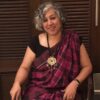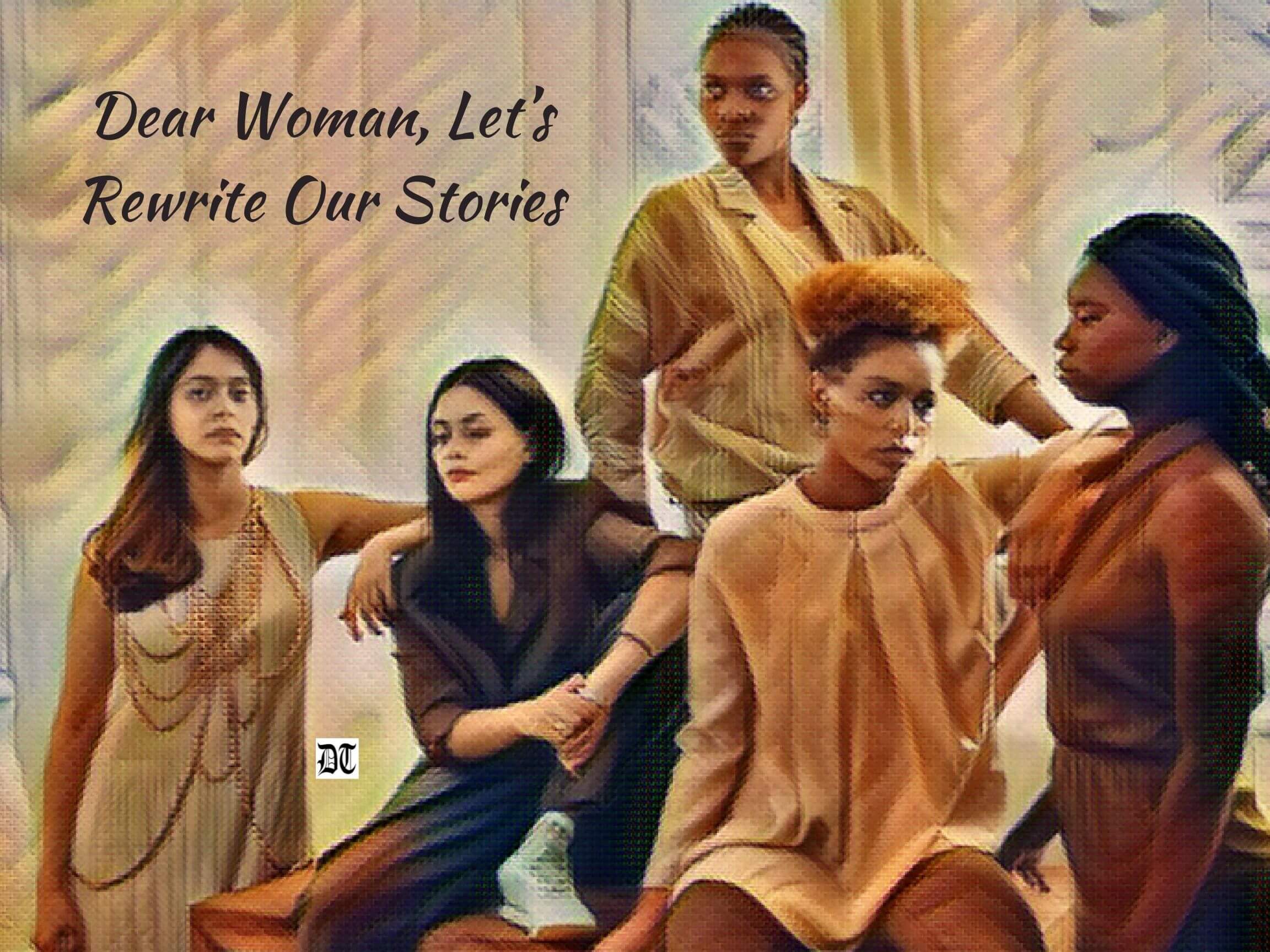The Human Rights Day, celebrated world over, on December 10, is the day when the Nobel Peace Prize is awarded. This year marked the 27th year of the Nobel Peace Prize awarded to His Holiness the XIV Dalai Lama. While the world is honouring, celebrating, upholding Human Rights, the situation inside Tibet sings a different tune. Despite repeated calls from the international communities, deterioration of human rights continue. One of the drafters of Universal Declaration of Human Rights (UDHR) was Dr Peng-chun Chang, a Chinese philosopher, playwright and academician. He was the Vice Chairman of the original UN Commission on Human Rights and played an important role in the drafting of UDHR. It’s ironical that today the member nation has violated the articles and preamble stated in UDHR. Eswar advocates a strong case for the Tibetan people, in the weekly column, exclusively for Different Truths.
Human Rights Day was celebrated world over, on December 10. A day celebrated since 194 when United Nations General Assembly adopted and proclaimed Universal Declaration of Human Rights (UDHR). This is the day when the Nobel Peace Prize is awarded. The theme of 2016 is “Stand up for someone’s rights today!”
 This year marked the 27th year of the Nobel Peace Prize awarded to His Holiness the XIV Dalai Lama. Excerpts from the official website of Nobel Prize states, “The award of the Peace Prize1 gave the Dalai Lama the opportunity to present a plan for the restoration of peace and human rights in Tibet. In the plan he recommended that the country be turned into an ecologically stable and demilitarised zone that might serve as a buffer between major Asian powers. The object was to set in motion serious negotiations on the future status of Tibet, but this was rejected by the Chinese government.”
This year marked the 27th year of the Nobel Peace Prize awarded to His Holiness the XIV Dalai Lama. Excerpts from the official website of Nobel Prize states, “The award of the Peace Prize1 gave the Dalai Lama the opportunity to present a plan for the restoration of peace and human rights in Tibet. In the plan he recommended that the country be turned into an ecologically stable and demilitarised zone that might serve as a buffer between major Asian powers. The object was to set in motion serious negotiations on the future status of Tibet, but this was rejected by the Chinese government.”
Tibetans all over celebrated the day offering prayers, singing traditional songs and dancing to traditional music.
While the world is honouring, celebrating, upholding Human Rights, the situation inside Tibet sings a different tune. Despite repeated calls from the international communities, nations, and organisations, deterioration of human rights continue.
One of the drafters of Universal Declaration of Human Rights (UDHR) was Dr Peng-chun Chang, a Chinese philosopher, playwright and academician. He was the Vice Chairman of the original UN Commission on Human Rights and played an important role in the drafting of UDHR. It’s ironical that today the member nation has violated the articles and preamble stated in UDHR.
The Preamble2 states that it’s essential that human rights be protected by the rule of law, pledge that the member nations promote observance of human rights and fundamental freedom.
The Article 1 states that all human beings are born free and equal in dignity and rights.
The Article 2 states everyone is entitled to all the rights and freedoms set forth in the UDHR without distinctions of any kind – race, colour, gender, language, religion, political, national or social origin, property, birth and further states that no distinction to be made on the basis of political, jurisdictional or international status of the country or territory, whether its independent, trust, non-self- governing or under any other limitations of sovereignty.
The Article 3 states everyone has the right to life, liberty and security of person.
Article 4 states no one shall be held in slavery or servitude.
Article 5 states no one shall be subjected to torture – cruel, inhuman, or degrading treatment or punishment
Article 6 states everyone has the right to recognition everywhere as a person before the law
Article 7 states all are equal before the law and entitled without any discrimination to equal protection of law.
Article 8 states everyone has the right to an effective remedy by the competent national tribunals for acts  violating fundamental rights granted by the constitution or by law.
violating fundamental rights granted by the constitution or by law.
Article 9 states no one shall be subjected to arbitrary arrest, detention or exile.
Article 10 states everyone is entitled to a fair and public hearing by an independent and impartial tribune in the determination of his rights and obligations and of any criminal charge against him.
Article 12 states no one shall be subjected to arbitrary interference with his privacy, family, and home nor to attack upon his honour and reputation.
Article 13 states everyone has right to freedom of movement and residence and has the right to leave any country and return to his country.
Article 15 states everyone has the right to a nationality and no one shall be arbitrarily deprived of his nationality.
Article 17 states everyone has the right to own property and no one shall be arbitrarily deprived of his property.
Article 18 states everyone has the right to freedom of thought, conscience, religion, either alone or in community with others in public and in private, to manifest his religion or belief in teaching, practice, worship and observance.
Article 19 talks about right to freedom of opinion and expression which includes freedom to hold opinion without interference and to seek, receive and impart information and ideas through any media.
Article 20 states about right to freedom of peaceful assembly and no one to be compelled to belong to an association
Article 21 talks about right to taking part in the government of his country, equal access to public service, and talks about equal suffrage.
Article 22 talks about right to social security.
Article 23 talks about right to work, choice of employability, and favourable condition of work, equal pay for equal work.
Article 24 talks about right to rest, limitation of working hours.
Article 25 talks about standard of living.
Article 26 talks about the right to education and parents’ right to choose the kind of education
Article 27 talks about right to freely participate in cultural life of community
Article 30 states that no state to perform any act aimed at destruction of any rights and freedoms set forth in UDHR.
©Eswar Anandan
Photos and Images Sourced from: The Tibet Post, TCHRD & the Internet.
1 http://www.nobelprize.org/nobel_prizes/peace/laureates/1989/lama-facts.html
2 http://www.un.org/en/universal-declaration- human-rights/



 By
By
 By
By
 By
By
 By
By